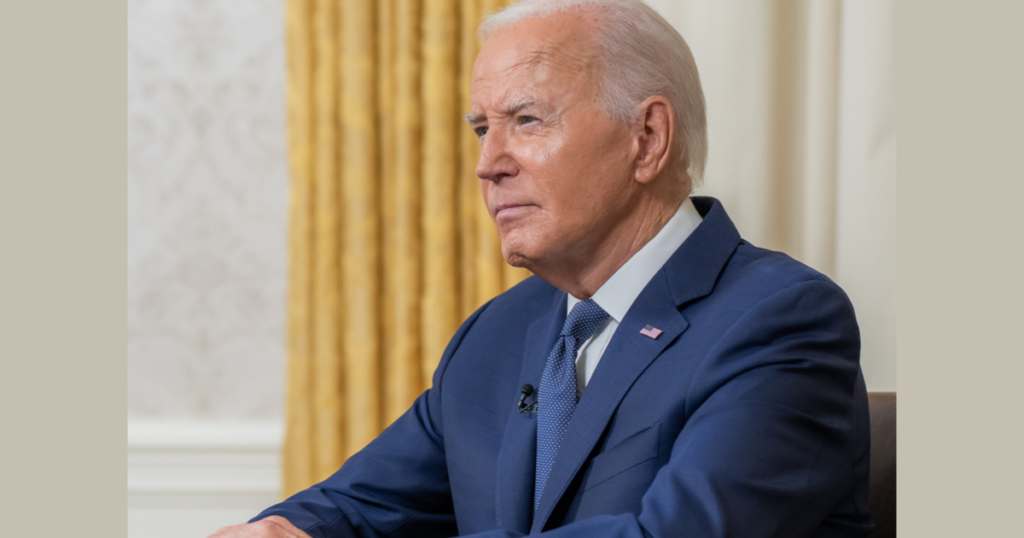The recent report from OpenTheBooks.com has brought to light alarming statistics regarding improper payments made by the Biden-Harris administration, which is on track to surpass $1 trillion in waste during its four-year term. Improper payments are defined as funds disbursed by the federal government to the wrong individual, for inappropriate reasons, or in incorrect amounts. Between 2021 and 2023, these payments amounted to over $800 billion when adjusted for inflation. This staggering figure translates to an astounding waste of approximately $450,000 each minute. During the brief span of five seconds it takes to read this paragraph, about $37,500 is wasted on improper payments. The scale of this problem underscores the growing financial inefficiencies within the federal system.
Among the various programs, Medicaid and Medicare have proven to be particularly problematic, accounting for 43% of the improper payments recorded last year. These issues are not limited to just healthcare; significant errors occurred across multiple areas of government. Notably, deceased individuals received approximately $295 million in benefits, primarily pension payments meant for deceased federal employees. In an even more troubling statistic, prisoners erroneously received about $171 million. Additionally, the Internal Revenue Service (IRS) reportedly misallocated $25 billion in fraudulent tax credits, with certain programs within the IRS reflecting mistake rates exceeding 30%. Such widespread fiscal mismanagement threatens the integrity of federal financial systems.
The trend of escalating improper payments is not new, but it appears to be worsening with each administration. For context, during his second term, former President Barack Obama wasted about 4% of his spending on improper payments, while former President Donald Trump’s administration recorded a waste rate of roughly 5%. In contrast, the Biden administration is nearing an alarming rate of 6%. This rising trend raises fundamental questions about the management and oversight of federal spending, particularly given the vast sums involved and the consequences for public programs and services.
The bipartisan recognition of the severity of this issue has led to legislative efforts aimed at reforming payment processes. Even within the ranks of California Democrats, there is acknowledgment that the mistake rate of improper payments is unacceptable. The advancement of the “Improper Payments Transparency Act,” which has garnered support from lawmakers like Reps. Jimmy Panetta and Scott Peters, reflects a growing consensus on the need for increased transparency and accountability. This act would mandate that the President’s budget outlines strategies to reduce occurrences of improper payments, indicating a shift toward more proactive oversight in federal financial management.
Internal dissent has also surfaced within Biden’s administration about the handling of funds. For example, the Environmental Protection Agency (EPA) received additional funding from the Inflation Reduction Act, leading Inspector General Sean O’Donnell to warn Congress about the difficulties of effectively managing $27 billion in one fiscal year without increasing the likelihood of payment errors. Alarmingly, these concerns did not translate into efforts to bolster the oversight necessary to prevent future misallocations, highlighting a disconnect between funding and fiscal responsibility.
As lawmakers express their frustration, individuals in vulnerable economic situations suffer most from the consequences of these fiscal missteps. They often face punitive measures for mistakes that result from the federal government’s inefficiencies, as indicated by Rep. Rashida Tlaib’s concerns regarding the fairness of clawing back overpayments from residents who rely on every dollar. As Congress continues to grow in size and expenditure, the inability to account for and stem the tide of unnecessary payments presents a significant challenge to effective governance and resource management. The findings from OpenTheBooks.com highlight an urgent need for comprehensive reform to safeguard taxpayer money and ensure that government programs effectively serve those in need.

